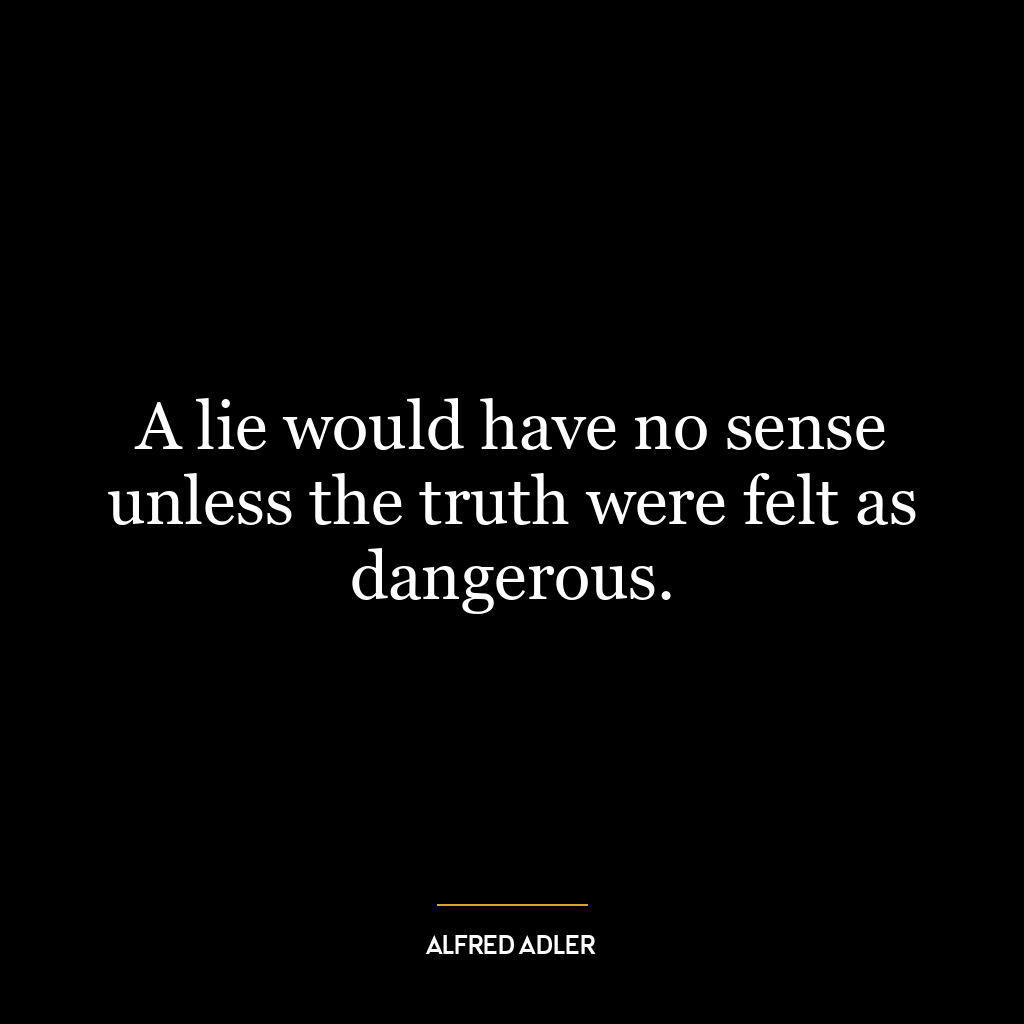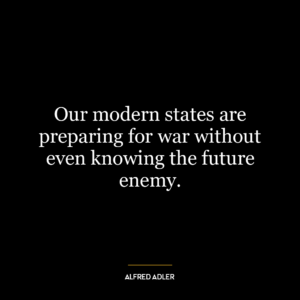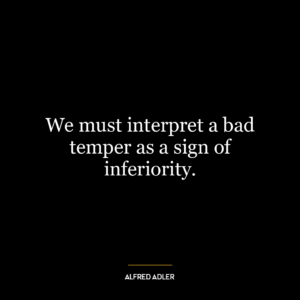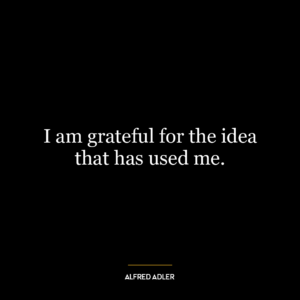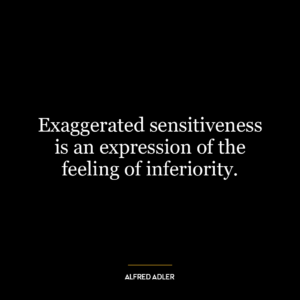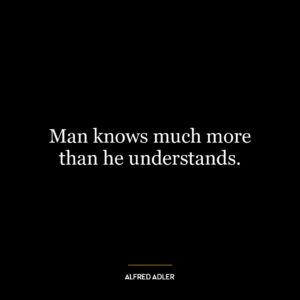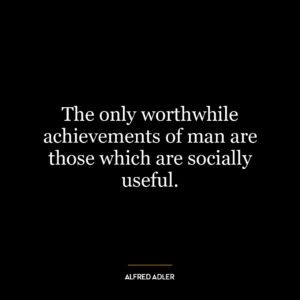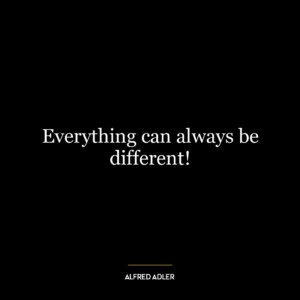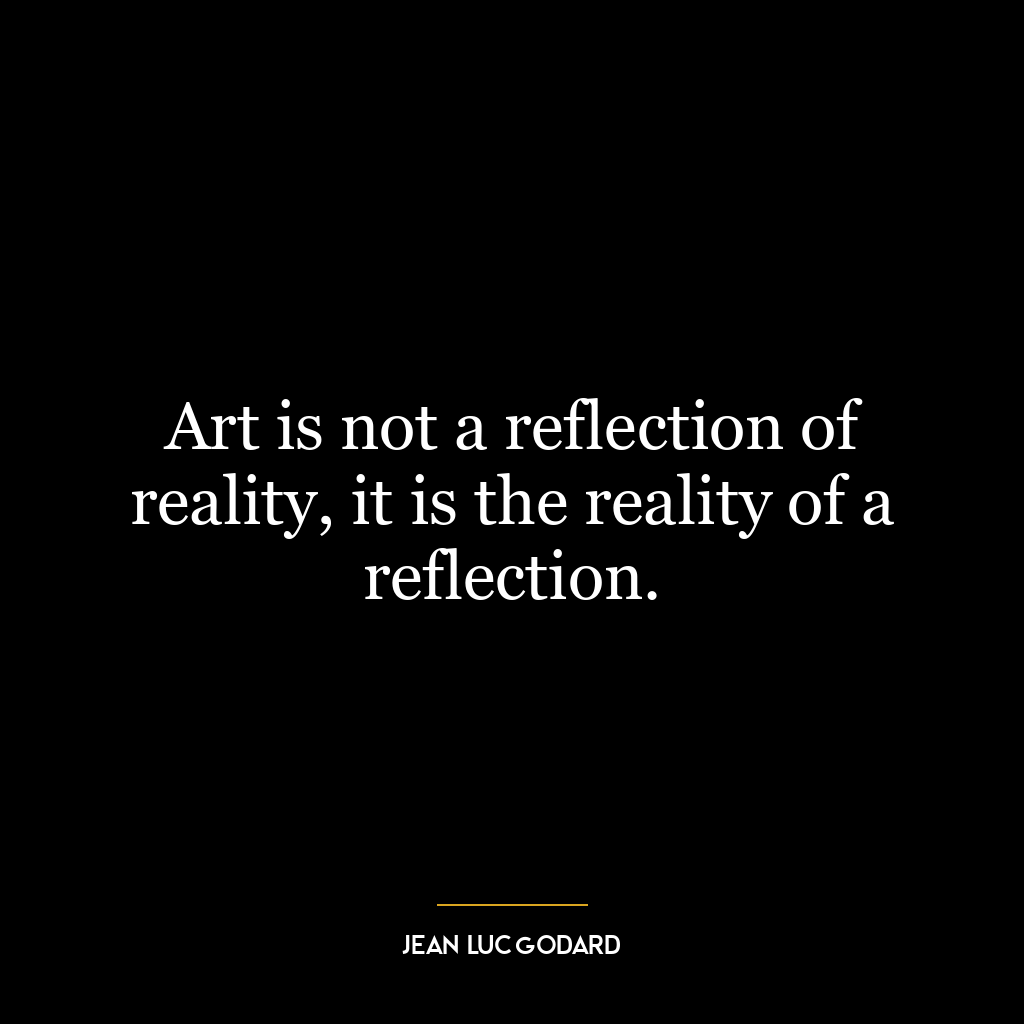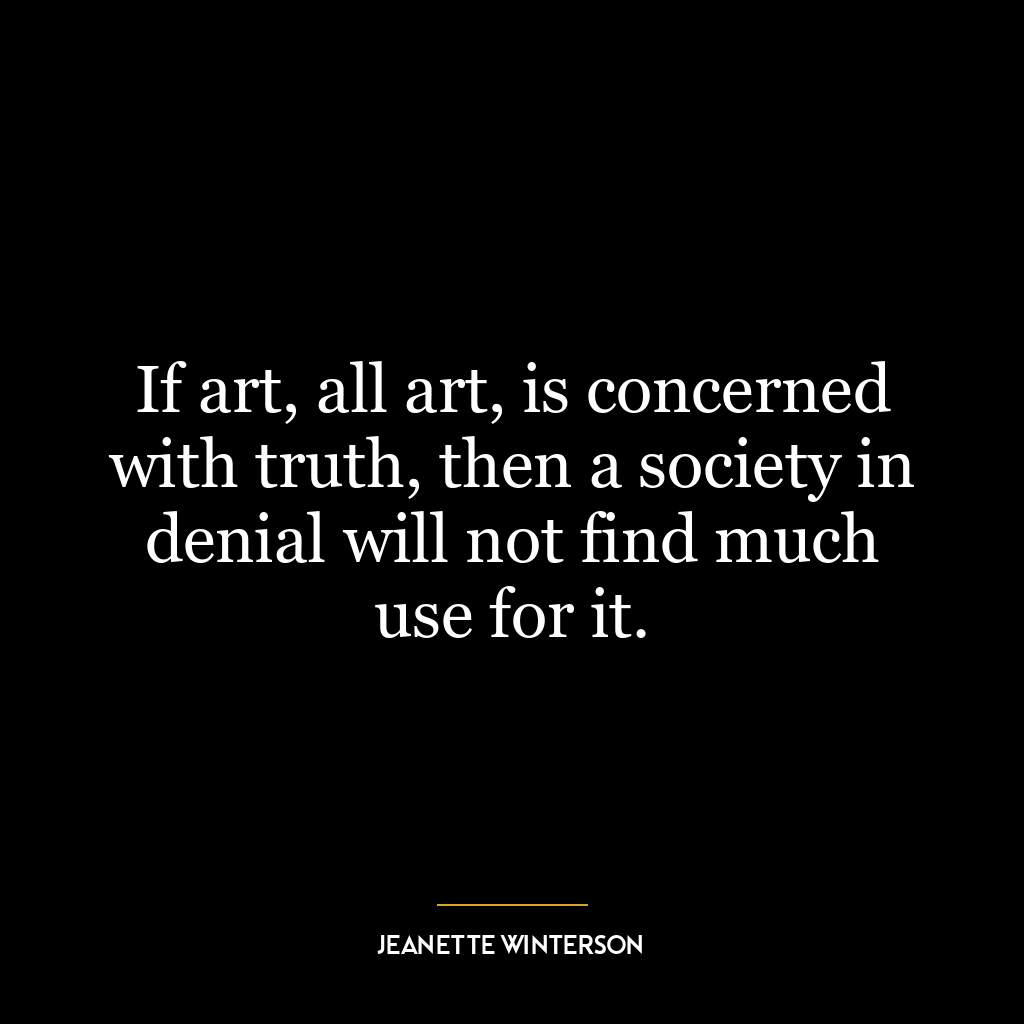A lie would have no sense unless the truth were felt as dangerous.
This quote, “A lie would have no sense unless the truth were felt as dangerous”, suggests that the act of lying is not arbitrary or meaningless; it is often a strategic response to a perceived threat or danger. The ‘danger’ referred to here is not necessarily physical, but can be emotional, psychological, or social.
In essence, the quote implies that people lie when they believe the truth to be harmful or threatening in some way. This could be a threat to their self-esteem, their social status, their relationships, or their personal or professional security. The lie, in this context, is a protective mechanism, a shield against potential harm that the truth might inflict.
Applying this idea to today’s world, we can see this dynamic at play in various social and political contexts. For example, in politics, a politician might lie or distort the truth to avoid damaging their reputation or losing public support. In the corporate world, a business leader might cover up a mistake or failure to prevent loss of confidence among stakeholders.
In terms of personal development, this quote can be a reminder to confront the truths we find dangerous, rather than avoiding them through lies. It suggests that personal growth involves facing difficult truths about ourselves and our situations, and dealing with them honestly and courageously. It also points to the importance of creating environments (in families, relationships, workplaces) where truth is not seen as dangerous, but welcomed as a basis for understanding, learning, and improvement.
Moreover, understanding the motivations behind our own lies can lead to greater self-awareness. If we find ourselves lying, it might be useful to ask: what truth are we finding dangerous? This self-reflection can reveal underlying fears or insecurities that we need to address.
So, while lying might offer temporary protection from perceived danger, it often comes at the cost of personal authenticity and integrity. The quote thus challenges us to face our ‘dangerous truths’, as this is often the path to real growth and development.

